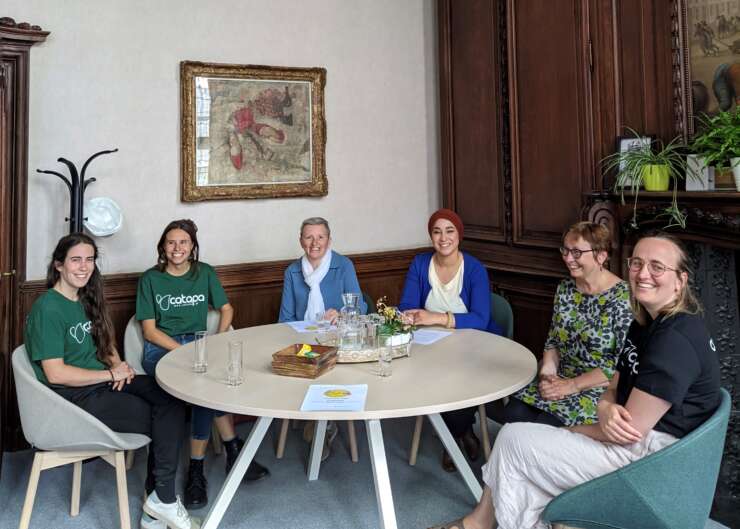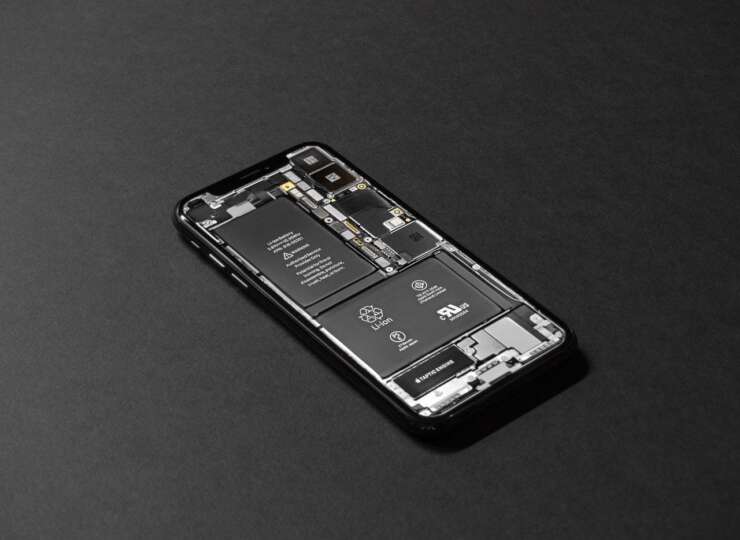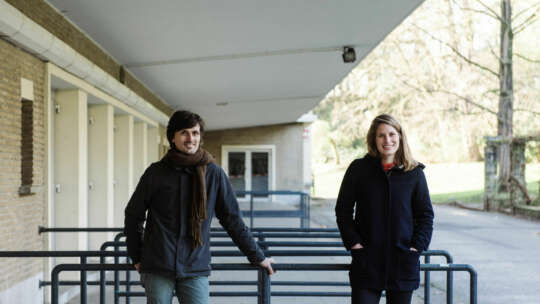The devices that give us access to the virtual world are very real: they cost money, consume energy, track and commodify every step of our lives, are assembled in huge factories and run on increasingly rare minerals. Not everyone involved in the production of computers and phones stands to gain. Every so often, reports or reports appear about exploitation of workers, about unhealthy working conditions, about how the mineral trade perpetuates civil wars or other forms of oppression in certain regions.
Electronics companies also seem to make a sport of making their appliances break down faster than they actually need to. This is then called ‘planned obsolescence’.



